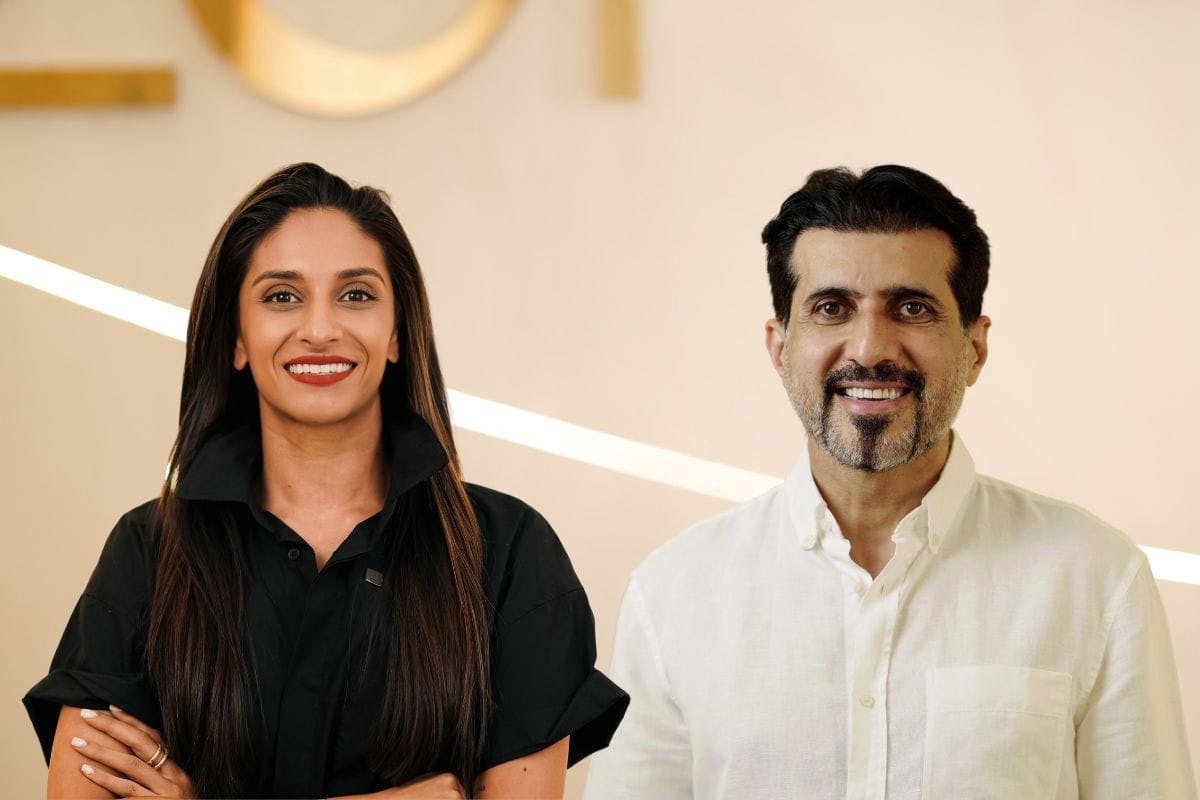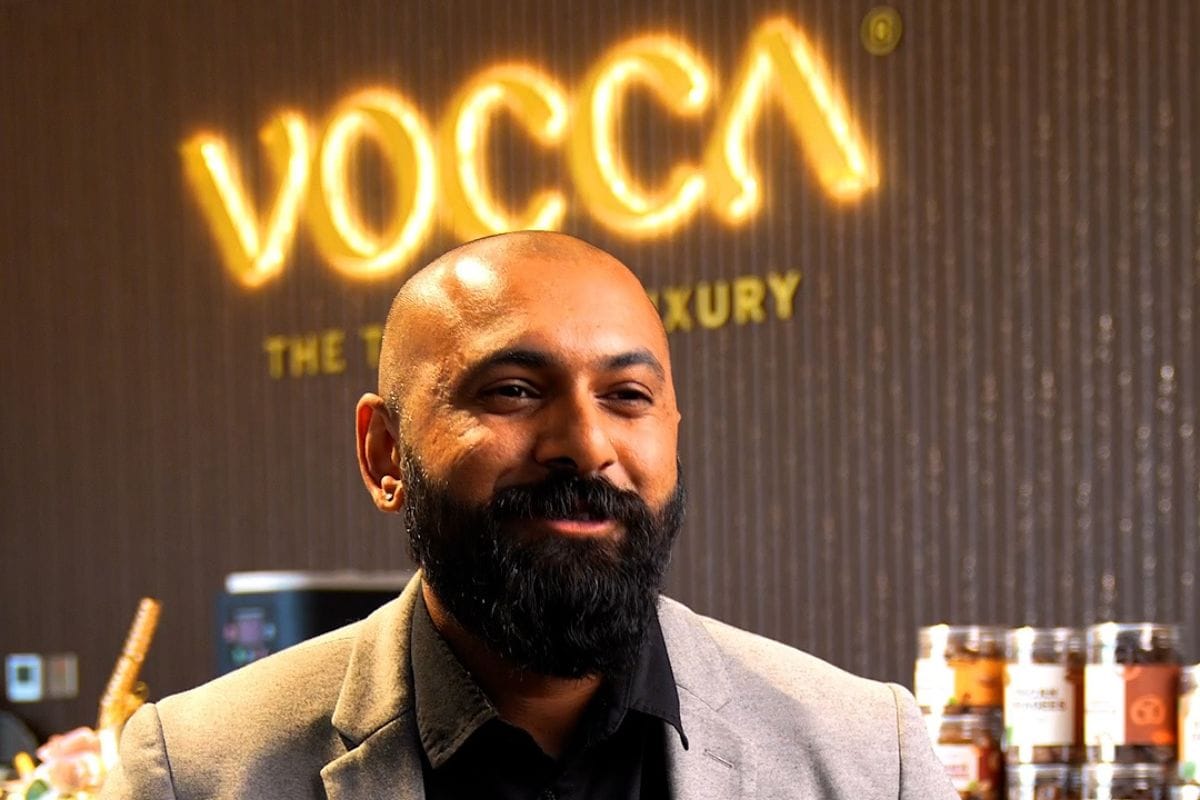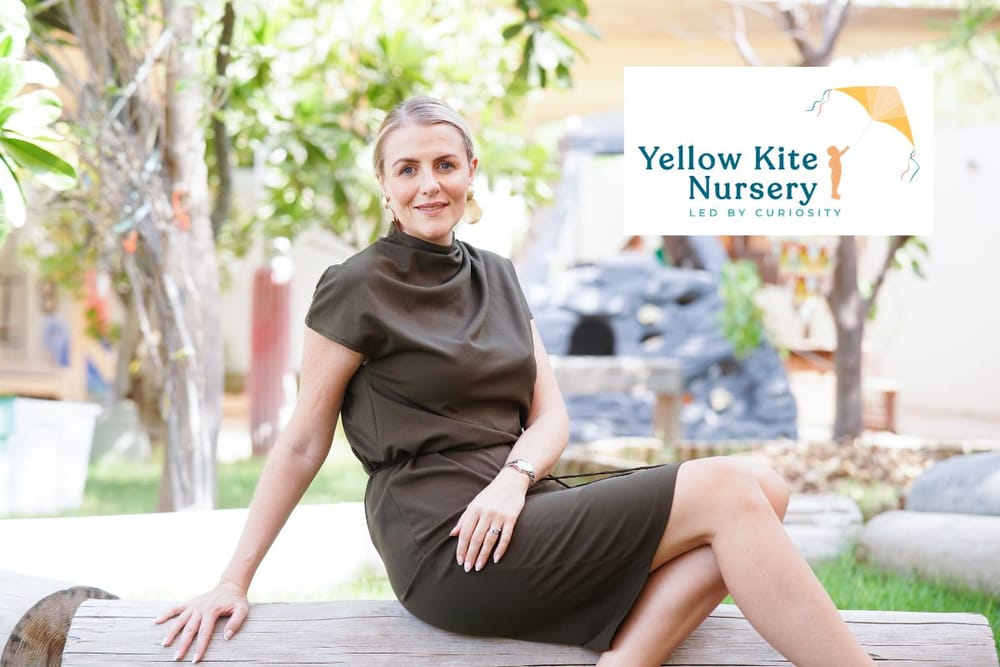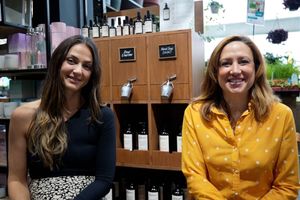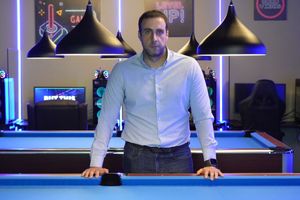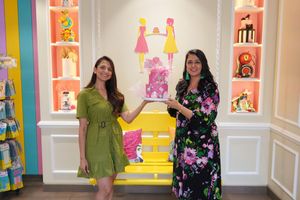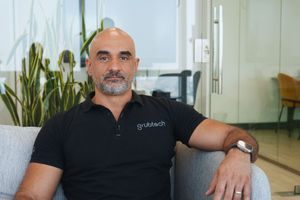Laura Barton Toyne, the principal of Yellow Kite Nursery, formerly known as Kangaroo Kids, is a leader driven by an unwavering passion for early years education. Her extensive experience in child development and social work, paired with her qualifications in Special Educational Needs and Disabilities (SEND), has equipped her to create a nurturing and inclusive environment. Laura’s career, marked by her work with disabled children and underprivileged families, reflects her commitment to the well-being and holistic development of each child. Under her leadership, Yellow Kite Nursery has thrived, gaining accolades and pioneering innovative educational practices, including the Curiosity Approach and the Hygge in the Early Years setting. In this interview, Laura shares the inspiration behind the rebranding, the unique methodologies employed at Yellow Kite, and her vision for the future.
What inspired the rebranding of Kangaroo Kids Nursery to Yellow Kite Nursery?
Kangaroo Kids has been an essential part of our story for the last 19 years. However, we have evolved significantly since then and wanted the exterior to reflect our internal growth. We dedicated a lot of time to defining our identity and values, and we felt that the name Kangaroo Kids no longer aligned with the brand we had developed. This led to the creation of 'Yellow Kite Nursery.'
What does the new brand represent?
The name Yellow Kite Nursery symbolizes resilience, exploration, and wonder—all qualities we wish to instill in our children. The color yellow represents new horizons and bright beginnings, and the sunrise symbolizes new beginnings, much like children themselves.
What sets Yellow Kite Nursery apart as a top choice for parents in Dubai's competitive early childhood education landscape?
We are fortunate to have a long-standing legacy in Dubai, having been here for 19 years. However, we are more than just a nursery, and that's what truly sets us apart. We provide a comprehensive solution for families by building a community and network. Parents don't come to us solely for childcare; they come for coaching, mentoring, love, and care—a true extension of their family. In Dubai, parenting can feel quite isolating. We have created a supportive network where families can find connection, guidance, and a sense of belonging.

Could you elaborate on the curiosity-led approach of the curriculum employed at Yellow Kite Nursery?
The curiosity approach is a child-led learning methodology that aligns with our core values: Connect, Protect, and Play. 'Connect' involves slowing down and truly tuning into the needs and desires of children. 'Play' refers to the child's natural way of learning, which the brain favors. 'Protect' focuses on safeguarding childhood itself. In today's world, there is often a rush to achieve and attain grades, but true learning happens during the process. This is what the curiosity approach emphasizes.
Given the unique approach of a curiosity-led curriculum, how do you balance individual needs in a group setting?
We recognize that all learning is highly individual, and every child is unique. However, this doesn't mean children can't be brought together through shared passions and community projects. Often, when a connection is established, children will naturally follow. We model our behavior as adults, role-modeling and tuning into the children's interests. We slow down, observe, and identify what they are truly interested in, then think about how to expand on that. This is how we individualize learning. It doesn’t mean having ten different projects at once, but rather drawing influences from the world around us. For example, with autumn here and Dubai 30x30 taking place, we involve children in these community events. It's all about building relationships and understanding the children.
Could you walk us through what a day at Yellow Kite Nursery looks like?
A day at Yellow Kite Nursery is warm and filled with love and laughter. It starts with greeting families, and now that the weather is better, we begin the day outside to help children connect with nature. We enjoy outdoor play before coming inside for snacks and various activities throughout the week. For instance, this morning, the children participated in gymnastics, focusing on balance and coordination. They then have circle time, literacy, numeracy, and learning about the world, followed by lunch. Some children take a nap, while others go home, and the learning continues with activities like yoga, playing in the garden, or mindfulness exercises. We don't rush the children through the day; we let them guide us. If they're not interested in a planned activity, we adapt and follow their lead.
How does Yellow Kite Nursery handle conflict between children?
It’s not unusual for children to experience conflict, and we understand that all behavior is a form of communication. The key is to tune into what the child is expressing. We don’t believe in time-outs; instead, we practice time-ins. This approach involves understanding what the child is trying to convey—whether their basic needs are being met, such as being hungry or tired, or if they are trying to connect with another child. Behaviors like taking toys are familiar to children and aren't acts of mischief. We avoid labeling them and recognize behavior as communication. Our role is to help them express their needs and support them in learning how to communicate effectively.
How do you approach children who struggle with behavior more than others?
Some children may struggle with behavior more than others, which can sometimes become physical. It’s essential to reflect on ourselves as role models, demonstrating the appropriate way through play, modeling interactions with babies and other children, and guiding conflict resolution in small groups. Books and other resources can also be valuable tools. If conflict persists, it may be necessary to consider whether there is an underlying need requiring additional support. Having an established partnership with parents is crucial in these situations. If various techniques have been tried, and issues remain, involving a special educational needs center may be necessary.
How do you foster strong, collaborative relationships between the nursery and families?
It begins the moment a family walks through the door. For us, it’s not about selling the nursery but about building a partnership. Children thrive when there is a collaboration between their parents and the nursery. We focus on building that connection by settling in gently, taking our time to get to know the family and the child, and ensuring the child feels safe and secure in their environment.
How has your Curiosity Approach curriculum evolved over your 19 years of operation?
When we first started, our approach was more traditional and adult-led. However, over the years, we’ve observed, learned, and discovered that children learn best when they lead the way. Our curriculum has since been developed to be child-led, focusing on awe, wonder, exploration, creativity, independence, and the curiosity approach. We were the first in the UAE to receive this accreditation, which has strengthened the foundations we believe in. The curiosity approach is not just an experiment; it’s a reassurance. We view it as a “recipe book” that blends various philosophies such as Pickler, Reggio Emilia, Steiner, the New Zealand curriculum, and Montessori—all well-known in the UAE and child development.
With your qualifications in Special Educational Needs and Disabilities (SEND), how does Yellow Kite Nursery accommodate children with diverse learning needs, ensuring inclusivity in your programs?
All children are welcome at Yellow Kite Nursery, and it starts with a level of acceptance. This is where our parent partnership is essential. We take the time to understand the child and their family’s needs and work together to create an inclusive environment. At Yellow Kite Nursery, this isn’t about ticking a box or following an assessment checklist; it’s about looking inward at ourselves and our environment to adapt and meet the child’s needs, rather than expecting the child to adapt to us. Parenting is challenging, no matter the needs of your child, so having someone to support you makes life easier.
How do you strike a balance between offering high-quality, child-centered education and keeping the nursery affordable and accessible for families?
The key is providing value for money. As I mentioned, we are more than just a nursery. We offer weekly workshops where experts share advice on topics like sleep, nutrition, and managing toddler behavior at no additional cost. We also include a range of activities within the nursery, so parents don’t need to overschedule or worry about additional extracurriculars such as football, Arabic, or swimming lessons. We strive to keep costs manageable, understanding how expensive living in Dubai can be.
Beyond tuition fees, are there any additional revenue streams or business models you’ve explored or plan to introduce, such as workshops, events, or partnerships with educational brands?
We are selective about our partnerships, preferring to support local brands that align with our values. For example, we collaborate with local brands to offer services that benefit families and the community. We also host weekly free community playdates for parents considering nursery but unsure where to start. Additionally, we offer seasonal camps, such as winter and summer camps, to support working families, creating an additional revenue stream.
We’ve also written a book, "The Yellow Kite," to share our values and story of friendship, resilience, teamwork, and independence. This book helps support children transitioning to nursery. Written by our owner, Saanika Gandhi, who is passionate about our work, it was a team effort and a true passion project to share with our community.
How do you invest in the continuous learning and development of your team to ensure they align with Yellow Kite Nursery’s unique methodologies and values?
Our team is incredibly passionate and naturally eager to learn. It’s not just me driving the learning; it’s a collective effort. We operate as a team. With the curiosity approach, we are fortunate to have an extensive training program available. We also partner with local providers for external training. I, along with some of my lead practitioners, contribute to the training and development within the nursery. Additionally, we prioritize not just educational growth but also well-being and mental health. We take time to slow down and connect.
We begin all our team gatherings—what we call "tribes"—with meditation or simply connecting over tea and conversation, genuinely checking in with one another. We also organize events like hiking and social gatherings. We are committed to recognizing the importance of those caring for the children because it’s a significant and privileged role. You can't pour from an empty cup.
Has the Golden Visa for teachers influenced your long-term plans or opportunities for both personal and professional growth as the principal of Yellow Kite Nursery?
I’ve always seen myself staying here long-term, so in that respect, it hasn’t changed my plans. However, I think it’s fantastic that the government has introduced this initiative for early years educators and schools. It’s incredible that they recognize the vital work we do.
As you look to the future, what are your goals for Yellow Kite Nursery? Are there any new initiatives in the pipeline that you’re particularly excited about?
Our primary goal is to continue assessing and responding to the ever-changing needs of our families, whether through partnerships with other companies or in-house initiatives. It's also about recognizing the value of what we already offer and spreading that message. And who knows, maybe there will be a second book.
As you guide young children today, do you ever think about how they might carry the values instilled at Yellow Kite into their adult lives? What qualities or behaviors do you hope they’ll take with them into the future?
Absolutely, and I think you’re right on point. When parents enroll their children in nursery, they often think short-term about school readiness. But what we’re fostering is readiness for life. The first few years of a child’s life are crucial. We want children to leave Yellow Kite Nursery with a strong sense of self, independence, happiness, and an innate love of learning. We hope they recognize the impact they can have on the world around them. Our goal is for them to grow up wanting to connect with others, explore their surroundings, and carry a lifelong love of learning, as this makes life so much easier down the line.
Watch the interview:
Also Read:
